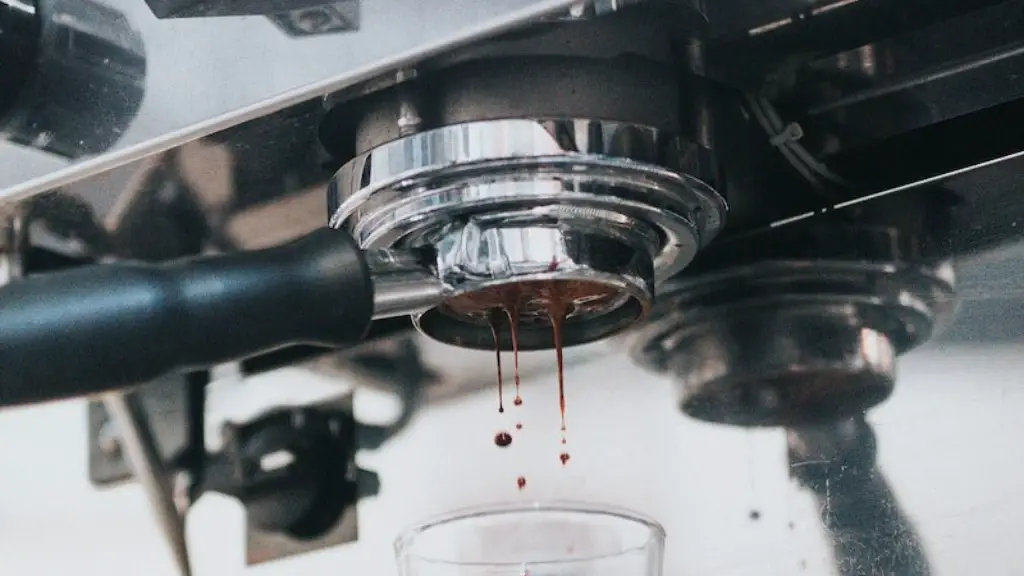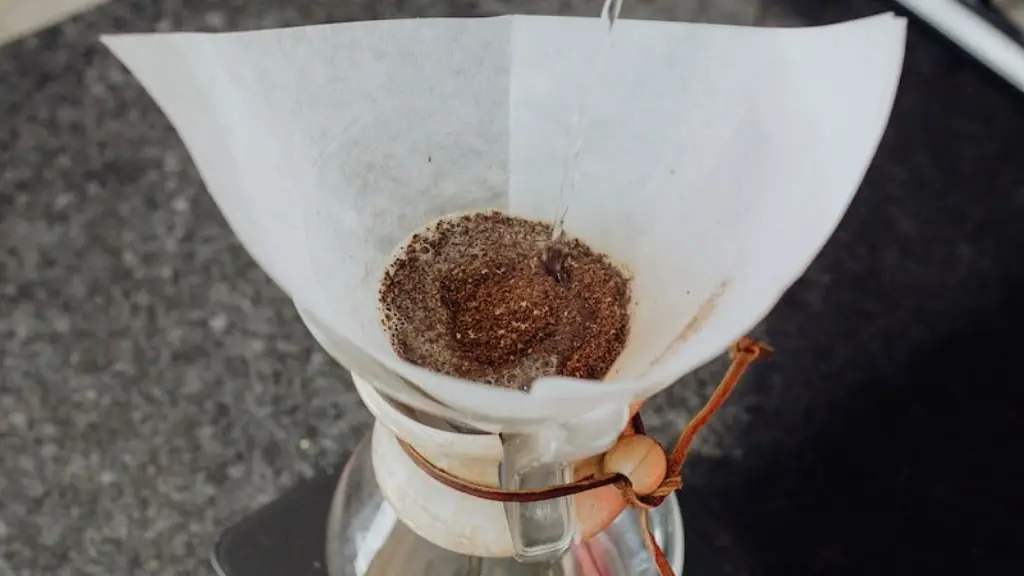Coffee is a widely consumed beverage that most of us rely on to give us a quick quick energy boost. While coffee can provide us sustenance, too much can have a negative effect on our health and wellbeing. If you’re someone who consumes a lot of coffee and wants to reduce the intake slowly over time, this article will provide you with the best tips and advice on how to do it.
Understand the Risks
High caffeine intake can cause headaches, irritability, anxiety and insomnia. It can also lead to high blood pressure, irregular heartbeats, indigestion and digestive problems. While coffee does provide some health benefits, like helping to boost mood, improve cognitive function and can reduce the risk of certain diseases, it’s not something that should be consumed in high quantities. Furthermore, coffee can be addictive and can lead to withdrawal symptoms when an individual cuts down or stops consuming it.
Set Your Goal and Make a Plan
When trying to cut down or quit drinking coffee, the first step is to set a goal and a plan. Starting off by measuring your current consumption and setting a goal of when and how much you wish to reduce it by. For example, if you’re currently drinking 3 cups of coffee a day, set a goal of reducing it by 1 cup a week. Make sure to stick to your goal and plan and don’t give in to the temptation of giving up too soon.
Replace with Healthy Alternatives
When it comes to reducing coffee consumption, it’s important to replace it with healthy alternatives. Some alternatives include water, decaffeinated tea, herbal tea or smoothies. All of these are full of vitamins and minerals that can help get rid of fatigue, boost alertness and improve your mood. Additionally, make sure to eat a balanced diet and get enough sleep, as this can also help boost energy levels and reduce the craving for coffee.
Engage in Distraction Techniques
It can be beneficial to engage in distraction techniques to help avoid cravings and withdrawal symptoms. This could include going for a walk, reading a book or engaging in a hobby that you enjoy. Keeping busy and distracting yourself from cravings can be an effective way to reduce the intake of coffee.
Avoid Triggers
It can also help to limit your exposure to caffeine triggers, such as seeing people drinking coffee, going to places where coffee is served or smelling the smell of coffee. Doing this can help to reduce the cravings and make it easier to stick to your plan.
Seek Professional Help
If you’re unable to reduce your coffee consumption on your own, it can be beneficial to seek professional help. There are many health professionals, such as nutritionists, who can assist in helping to reduce one’s coffee consumption. They can provide invaluable advice and guidance on how to do this in a safe and healthy manner.
Find Support
It’s important to not feel alone when trying to reduce coffee consumption. Having the support of others, such as friends and family, can be a great motivator and can help to keep you on track. You can also find online support groups for people who are trying to reduce their coffee intake.
Consider Using Supplements
Finally, supplements can be beneficial when trying to reduce coffee intake. Supplements, such as Vitamin C, B vitamin complex, fish oils and magnesium can help to provide energy and can reduce the cravings for coffee. However, it’s important to speak to your doctor or a nutritionist before taking any supplements to ensure that they’re safe for you to take.
Tips for Dealing with Withdrawal Symptoms
One of the most challenging aspects of reducing coffee consumption is dealing with the withdrawal symptoms. These can include headaches, fatigue and irritability. To reduce these symptoms, try taking regular breaks during the day, getting enough sleep and exercising regularly. Additionally, drinking plenty of water, taking herbal supplements and eating foods high in B vitamins can also be beneficial.
Frequently Asked Questions about Reducing Coffee Intake
Many people have questions about reducing their coffee intake. Below are some of the most commonly asked questions about reducing coffee intake:
- How quickly should I reduce my coffee intake?
It’s important to take it slowly and reduce coffee intake gradually over time. Doing it too quickly may lead to withdrawal symptoms, so it’s better to wean yourself off slowly.
- What should I do if I experience withdrawal symptoms?
If you experience withdrawal symptoms, try taking regular breaks during the day, getting enough sleep and exercising regularly. It can also help to drink plenty of water and take herbal supplements.
Making Lifestyle Changes to Reduce Coffee Intake
Making lifestyle changes can be an effective way to reduce coffee intake. This can include getting enough sleep, exercising regularly and avoiding stressful situations. Additionally, it can help to stick to a daily routine, plan meals and snacks throughout the day and drink plenty of water.
Educate Yourself about Coffee and its Alternatives
It can be helpful to educate yourself about coffee and its alternatives. Research the pros and cons of drinking coffee, as well as the alternatives and decide which would work best for you. Additionally, if sources of caffeine like tea, chocolate and energy drinks are something you consume, it’s worth learning more about these and seeing if you can reduce your intake of them as well.
Be Mindful of Your Caffeine Consumption
When reducing coffee intake, it’s important to be mindful of what you’re consuming. Some foods and drinks can have hidden sources of caffeine, such as energy drinks and some medicines, so it’s important to be aware of these. Additionally, try to limit caffeine consumption in the evening, as this can disrupt your sleep pattern and make it harder to get up in the morning.
Take it One Step at a Time
Finally, when reducing your coffee intake, it’s important to take it one step at a time. Start by reducing your intake gradually over time and make sure to reward yourself for your progress. Additionally, if you’re finding it difficult to reduce your consumption, don’t give up and seek professional help if necessary.




